With the announcement of partition in 1947, the Indian sub-continent moved away from the unique ideal of non-violence. The partition holocaust wrought havoc on all as communalism made people go berserk. The tragic and momentous event has stirred the creative imagination of many an Indian English writer. However, Kushwant Singh’s Train to Pakistan, Chaman Nahal’s Azadi, Bhisham Sahni’s Tamas and Bapsi Sidhwa’s Ice-Candy Man have been chosen for the thematic study of partition theme with an intention to encompass variegated perspectives. This thematic study is divided into six chapters. The very first chapter, an historical perspective of partition, seeks to explore and unravel the breakdown of inter-communal networks and, most importantly, addresses a larger historical question-national leaders’ failure to realise a united India. This fair-sized historical perspective in indispensable because the novels have been cast against the backdrop. The subsequent four chapters, named after the novels, are intended to study the thematic paradigm of partition-theme. In the second chapter, Train to Pakistan, the disintegration of social mores with the advent of partition has been brought out. In the third chapter, Azadi, partition has been viewed as the leaders’ collective failure and the Raj’s studied indifference to ease up the communal tangle. The fourth chapter, Tamas, evinces the beguiling impact of communal forces hell-bent on whipping up the frenzy. The fifth chapter, Ice-Candy Man, has been mainly seen as a study of minority complex. The last chapter sums up the generalizations that have been inferred.
ABOUT THE AUTHOR Digumarti Bhaskara Rao
(9-6-1957), M.Sc., M.A., M.A., M.Ed., PhD., a university rank holder, has had his higher education from Andhra, Bhopal, Nagarjuna and Osmania universities. He is author and editor of about 200 books that include 5 Encyclopaedias and has published more than 300 papers and articles on science and edcucation in India and abroad. He has co-chaired a symposium in an International Conference on Psychology held at Martin Luther University, Halle- Wittenberg, Germany; acted as a group leader in International Seminar on Educational leadership and Social Change Held at Tallinn Pedagogical University, Talling,Estonia; and studied the educational Programmes in Bhutan. He is selected by the Unified Teaching Service, Government of Botswana to teach in Botswana and by the Austrian study Centre for peace and conflict Resolution, Austria for the International Peace-Keepers and Peace-Builders Training Programme with the sponsorship of Government of Austria. He is honoured with Seva Ratna Award, Vidya Seva Vibhushan Award, Bharat Gaurav Award, Jewel of India Award and Best Citizen of India Award for his meritorious and commendable contributions to the field of education. The Government of Andhra pradesh appointed him as Associate Member, Distric Co-ordination Committee on Vocational Guidance and Educational Counselling. He is appointed as a Member, Board of Management, Jan Shikshan Sansthan, under eminent Person in education category by the Ministry of Human Resource Development, Government of India. He is with R.V.R. College of Education, Guntur, A.P., India.
ABOUT THE AUTHOR K. Nirupa Rani
Prof. K. Nirupa Rani, M.A. Ph.D., taught English literature at Andhra University over 25 years. She has brought out numerous books and articles in national and international literary magazines. She was secretary to the International Conference on Commonwealth Literature held at Andhra University in 2001. An authority on the 20th century literature and commonwealth literature, she is very affectionate to her students.
ABOUT THE AUTHOR V. Pala Prasada Rao
Mr. V. Pala Prasada Rao, M.A., M.Ed., M.Phil., Lecturer in English at J.K.C. College has presented and brought out several articles on partition. He is keen on the study of the historical novels and believes that there is a greater need to understand how the holocaust of partition played itself out. He has participated in many conferences and seminars.

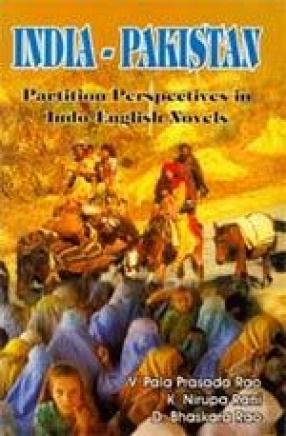
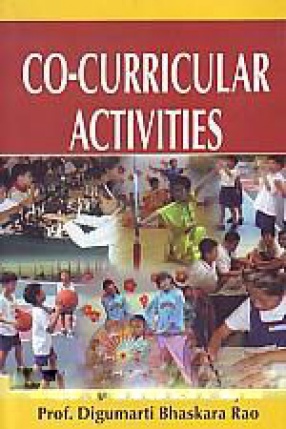
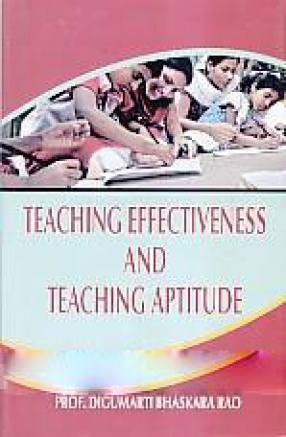
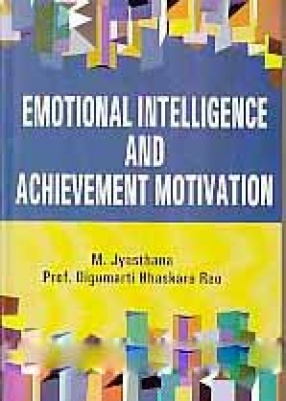
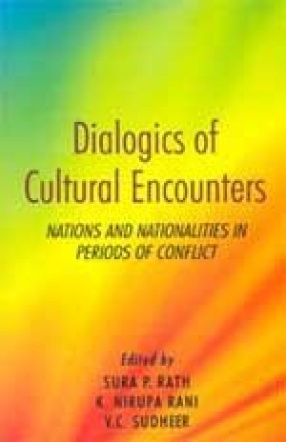
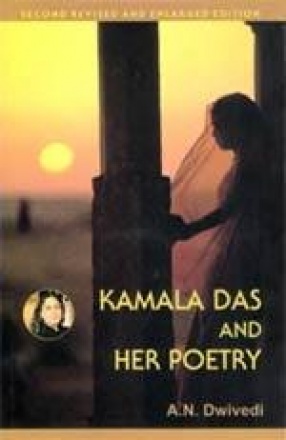
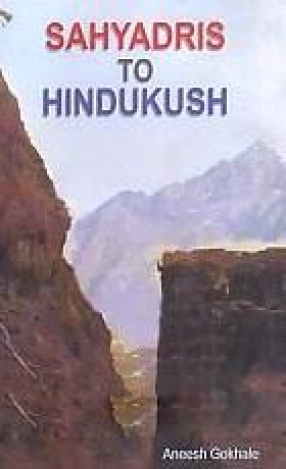
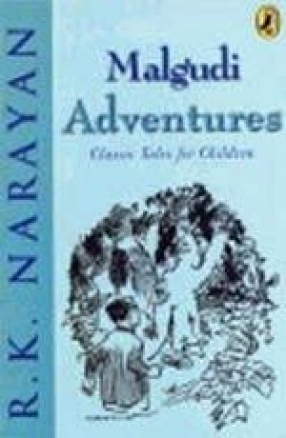
There are no reviews yet.